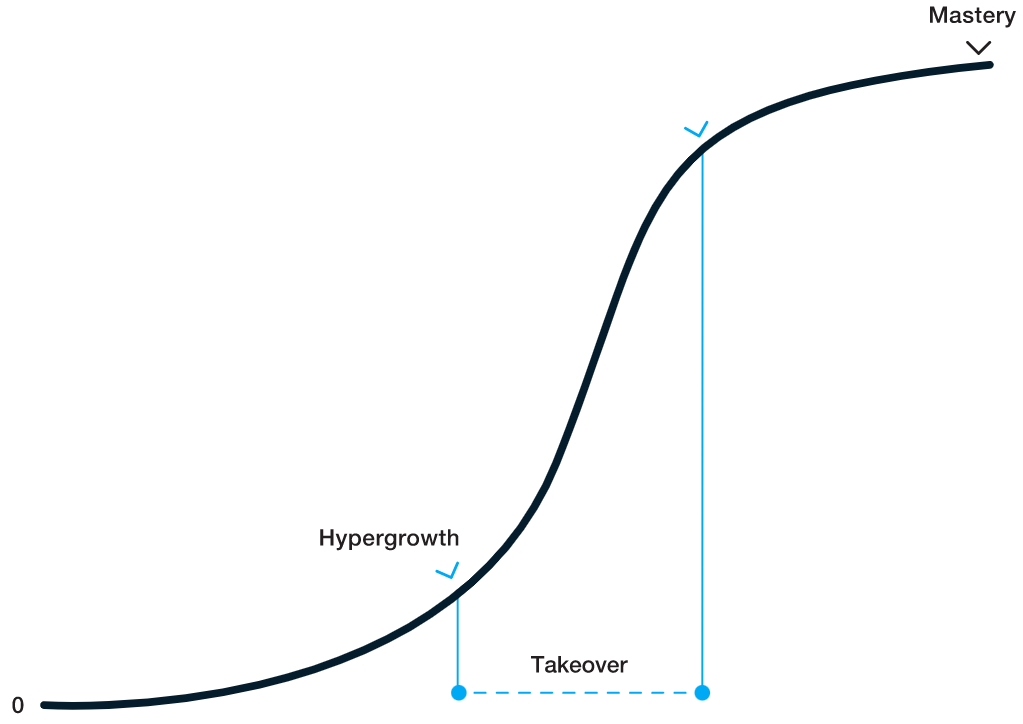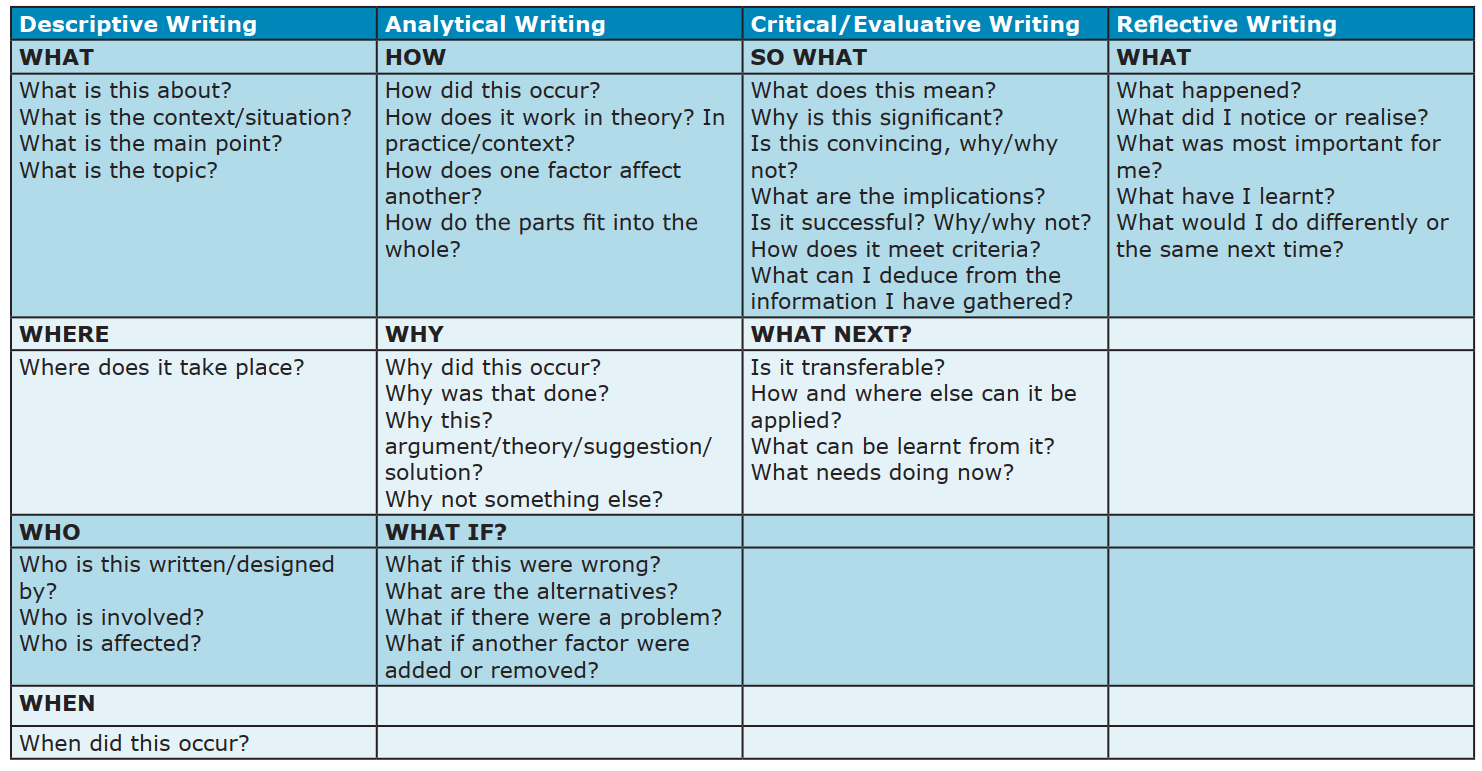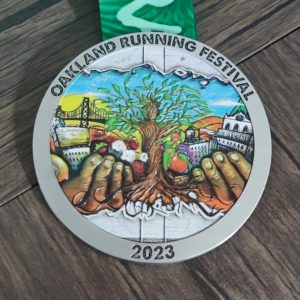18 things I have learned in the first half of my PhD (part 1)
It seems yesterday that I have started my PhD but, when this blog will be out, I will have already completed the first half. To celebrate this milestone (or to convince myself that has been a fruitful journey), I decided to list one thing per month that I have learnt or discovered. Without further ado, we can start with the first nine:
- Learning is not a linear process
Despite this maybe being common sense for someone (or just my personal opinion for someone else), these months have clearly reminded me that to master a topic, two things are necessary: focused and extended practice.
First, I need to focus on a single project at a time. This means that multitasking or working on too many different tasks does not allow you (or, at least, me) to get over that wall you face when approaching a new topic. Second, I need to be consistent for an extended period of time (at least a few days of full concentration before gradually introducing other aspects/subjects). This prolonged practice involves not just reading, but also writing.
These principles resemble what is also known as the S-learning curve (see image below). This is a rather established concept in different fields, which I believe describes well my learning experience.
So, what I wanted to highlight in this blog is its main implication, i. e., the importance of not giving up when at first learning a new subject seems to be particularly difficult. Because, actually, this is how it is expected to be.

S-shaped learning curve Source: McKinsey, 2019
- Learning is not just about how much you read, but how deep you go
Regardless of the topic of your research, just few articles can be defined as foundational. All the rest concerns more marginal aspects of that theory or phenomenon. This means that you don’t need to dedicate the same amount of time to every paper. Just focus on identifying and reading the most relevant articles in your area of interest and this will be enough to set the ground for your research.
However, these articles deserve a deeper reading to really grasp and internalize their contributions.
- Thinking (and writing) can be divided into different layers
While I was acting as a censor during a session of oral examinations, the professor I was supporting made me reflect on the way students were expressing their thoughts. The way he was evaluating them was well structured and made me notice that you could not expect a student to get the highest marks (and thus express more elaborated answers) if s/he had not implicitly answered to some basic questions.
The table below exemplifies the questions characterizing the four levels of thinking/writing that he was following to assess the students: descriptive, analytical, critical and reflective.
What is the implication here? In my opinion, if we don’t have clear answers to the first questions, we cannot expect to reach the most advanced levels of thinking and writing on the topic we are studying.

Four writing layers. Source: EIT
4. Good research takes time:
After reading hundreds of articles and starting to write a couple of them, nothing is clearer to me than that good research takes time. And, for now, I am just referring to the planning and writing phase. This means that to identify the right research area, select the adequate case study, refine the research questions, collect data, analyse the findings and generate some valuable contributions might take years.
There is a reason why PhDs in Management in the US (and few other Countries) last for around 6 years, including two years fully dedicated to theoretical courses.
Nevertheless, the path does not end there. As the graph below shows, the review process is not free of hurdles, either. On average, this process takes almost 300 days in the area of management of technology and innovation. Everyone is free to draw their own conclusions here…
The slowest peer review process in any scholarly field is organisational behaviour and human resource management. The average peer review process takes over 322 days. The process takes 94 days in structural biology. https://t.co/c7FiZhQK46 pic.twitter.com/efZElXCXtK
— André Spicer (@andre_spicer) November 9, 2022
- Publishing a paper is not just about writing
In addition to all the previous steps, publishing a paper requires a thorough choice of the right framing for your research. This decision usually concerns:
- what journal you are targeting;
- choosing whether your paper should be theory or phenomenon-driven;
- what theoretical lens is the most suitable to analyse your findings;
- how to manage all the activities you are working on in parallel.
For this reason, you should consider at the outset in which journals the conversation you want to contribute is taking place, to avoid wasting time rephrasing the article accordingly at the end.
6. Writing is not an easy task (for anyone)
Some takeaways from my experience:
- To write, I need to have read what has been written before on that topic. Even though it might seem a trivial observation (and a boring activity), I believe that perfecting this exercise and taking your time to study the literature is a necessary step that can help avoid problems toward the end of the PhD;
- When I read, I try to always have a general goal or direction in mind. However, these goals should not be set in stone, as you should keep refining the research objective and research gaps after every read paper;
- Once I am ready to write the first section of a paper, having a structure in mind (reflected on the Word file) of what I would like to focus on makes my writing process more effective;
- Always prioritize Freewriting (a technique in which you write down your thoughts without worrying about form or even grammar) and then, in the following waves, focus on adjusting and perfecting the style;
- Another tip for improving (or forcing me) to write is joining a Writing Club. Writing Clubs are (virtual or hybrid) meeting where you can briefly talk about your writing goals and progress, writing together with your supervisor or other peers for a couple of hours.
- Writing is even harder, especially if you are a non-native English speaker.
- During my stay at UC Berkeley I have attended a seminar called “How to Get Published in International Journals”, where the following provocative question posed by the lecturer caught my attention “If a native speaker has to rewrite a paragraph 10 times before arriving at the final version, how many times should you rewrite it?”
- Writing in academic English follows rules that are mostly unfamiliar to researchers foreign to the Anglo-Saxon educational system. Therefore, proofreading services are necessary to decrease the likelihood that your research will be rejected because it does not meet the quality standards of a journal. If you want to know more about this topic, this book resumes the five essential strategies for maximizing your publication chances:
- Analyzing journals both for elimination and for submission
- Organizing and arguing in Aristotelian logic
- Editing for strength (less is more)
- Editing for clarity
- Revising rigorously for language, clarity, argumentation, punctuation, etc.
- The importance of planning and organizing your work
- As said before, a PhD is a long and winding path where there is always the risk to lose motivation, self-confidence and your final goal.
- Notion and OneNote represent two easy but very powerful management tools that have been helping me to keep track of my progress over the years.
Another useful resource is the YouTube channel below.
9. The importance of finding distractions outside academia
-
- Being a PhD should be part of your life and not vice-versa (even if sometimes it is difficult to see the big picture while you are immersed).
- This is an advice that I have received multiple times. So, after a first year of PhD full-immersion, I decided to dedicate more time to one of my main passions: running. The result is that in March 2023 I completed my first half-marathon!

Oakland Half-marathon medal Source: photo taken by myself


Add a Comment